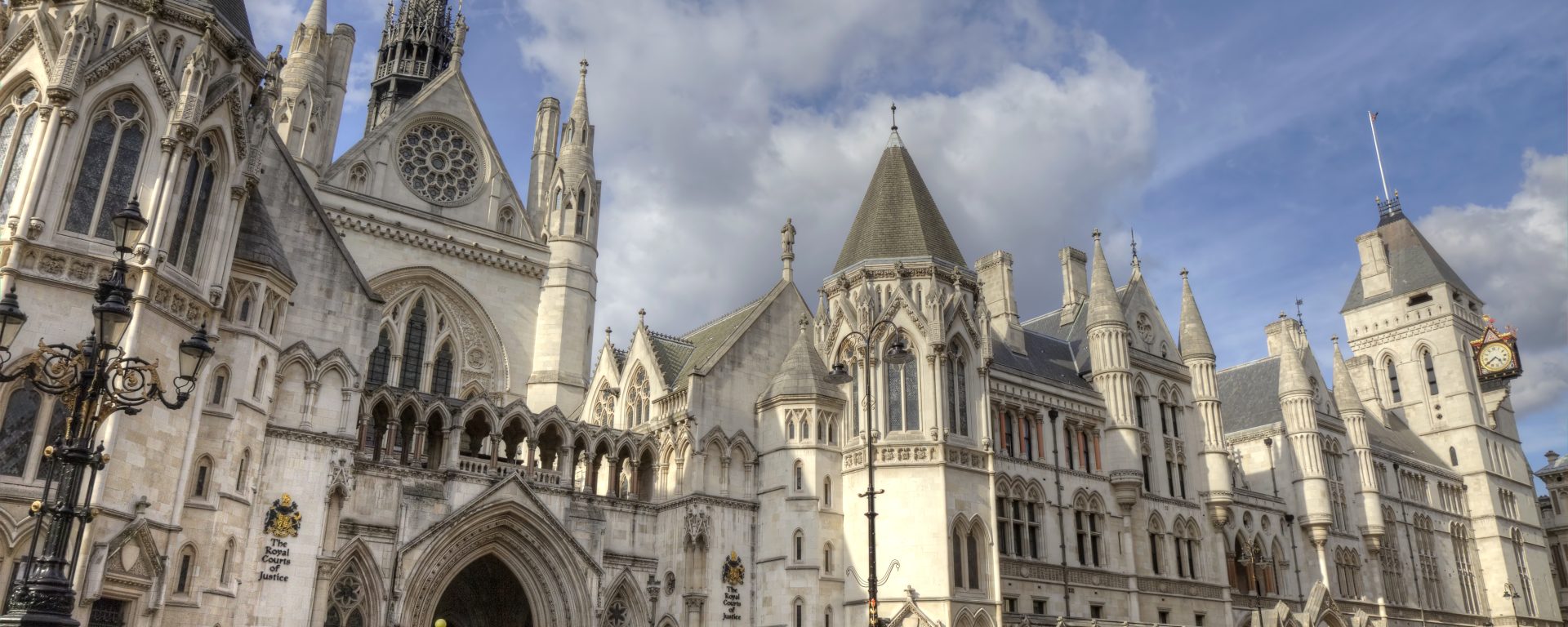Andy Gregory at the Independent recently reported that “criminals are gaming the system by pleading not guilty and relying on crippling tactics to evade justice.” The criminal justice systems in most countries have come to depend on a high level of guilty pleas. The natural result of this is that if defendants come to believe that their interests are well-served by requiring the prosecution to proceed to trial they can overwhelm the caseload. As reported, “The number of cases waiting more than three years for a verdict has skyrocketed at least sevenfold since 2019 to exceed 1,280 last June,” Gregory reports. In the same time, guilty pleas have fallen by nearly half, clearly indicating that criminals have concluded that increasing delays may postpone trials, perhaps indefinitely. Statistica.com, graphing the backlog of outstanding cases, shows that backlog continues to increase in the UK, rising from 32,882 at the end of 2018 to 62,235 at the beginning of 2023 and the Institute for Government recorded 64,709 outstanding cases in June 2023.
Bar council chair Sam Townend KC told the Independent that young criminal men, “who should be pleading guilty at an early stage, become more aware that their day of reckoning is getting pushed back further and further and, because of the high rate of ineffective trials, perhaps may never come at all.” However, Gregory also reports that a Ministry of Justice spokesperson said that “the most recent figures show more criminal cases are now reaching the crown court than at any point over the last two years…” Hopefully, the statistics will bear this out.
There is a lot at stake in the design of incentives within a criminal justice system. There are many reasons why most charges are best resolved by a guilty plea. These include the interests of the accused in acknowledging the crime, accessing rehabilitation and receiving an appropriately reduced penalty. The forensic backdrop is that conviction rates have risen as the evidence available to convict has multiplied through the array of legitimate tools such as DNA, CCTV and other methods of proof in our digital world.
These tools have the capacity to backfire, and in spectacular ways. The flawed history of development of forensic science and the general absence of genuine scientific testing of forensic methods supports skepticism. Institutional reliance on flawed forensic techniques remains a risk as has been demonstrated recently in the UK Post scandal. In that case a forensic software program intended to discover misappropriation by local postal agents has been shown to have produced hundreds of false shortfalls. Over 900 local postmasters were convicted based on the flawed software and many more forced to cover imagined shortfalls. In at least four cases those suspected committed suicide.
On the other hand the traditional right of an accused to require formal proof of every element of the prosecution can collide with reasonable expectations of timely resolution. The recent conviction of Ibrahim Ali for the murder of Marrisa Shen in 2017 is yet another example of a long-running case where the forensic evidence appeared overwhelming and yet the process seemed to grind on for too long. In that case the central evidence was a DNA match with semen found in the body of the young teenage girl. The trial occupied nine months and no evidence was called by the defence. The defence relied on the absence of any direct evidence of the assault and the possibility that the DNA evidence could be attributed to a consensual act of sexual intercourse that coincidentally happened at the same time as the murder by a different person. Apart from the questions that have been raised respecting the conduct of the defence, reasonable questions arise as to whether society is well-served by these long, drawn-out and seemingly pointless exercises.
A common theme of timeliness in criminal cases is that justice delivered speedily encourages public faith in the courts whereas delays and stays damage that faith. Articles on delayed or stayed sexual assault trials often record fears of judges, lawyers, or victims that it will discourage victims to report violent crime, not wanting to endure witnessing in arduous trials. In the Ali case an application to stay on the basis of delay is also being argued after the conviction. According to Gregory, Baroness Newlove said, “many [victims] will conclude they are better off withdrawing from the process, leaving them with no resolution and society without justice.” It has been reported that someone brought a gun into the courtroom when Ali was being sentenced and the victim’s family has expressed outrage at the process and conduct of the defence counsel.
These are new times. Reason suggests that less and less reason exists for doubt in the prosecution of most crimes but there remains the stubborn risk that people will be wrongfully accused by the very methods intended to eliminate reasonable doubt. Measures to create independent forensic science such as Ontario’s Centre of Forensic Sciences seem worthwhile but there remains no means by which the formal proof required by the traditional criminal process can be abridged.
So both victims and people accused of crimes have a stake in a system which can access reliable evidence on a timely basis. The members of Marissa Shen’s family can reasonably be disappointed in the process followed to convict their daughter’s killer. In the recent UK examples the shocking scale of yet another wrongful conviction scandal counsels skepticism of state-controlled forensic science. Surely we can do better.
